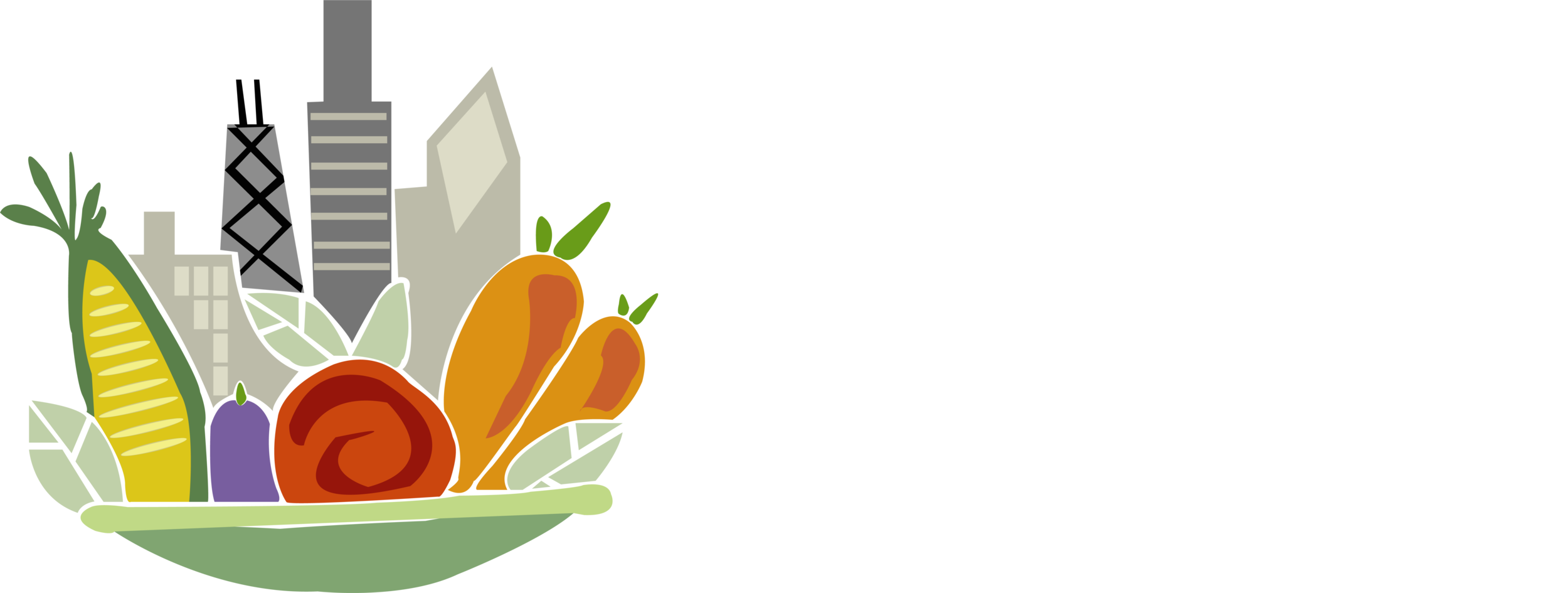CFPAC's Response to COVID-19 Impact on Food Systems
“Think small: Seeds & Salt. Microscopic cells have traveled the world changing our everyday rhythm, having us focus on the little things. Nature and its nourishment tells us everyday to pay attention to the subtle changes. Water molecules, nearly invisible, give our landscape beauty. Some seeds, so tiny that they get lost in the wrinkles of our palms, hold sacred medicine. Tiny things. Be ok with humbling down, getting grounded in the little things. Give time to say “hello, how are you doing” with the actual time to care about the response, and carve out two seconds to smile, more often. While we are practicing physical distancing, we have other options. To support food security for everyone and especially those most vulnerable, practice social solidarity during these times. Be social on email, text, google doc, Zoom: stay connected when you can while centering self-care. Feel empowered by the little things.”
A Call to Action
Crises often lay bare the social and economic inequities that exist in our systems and structure, and the coronavirus pandemic is no different. The Chicago Food Policy Action Council recognizes that, as is the case with our food system’s impact more broadly, the coronavirus is disproportionately impacting low-income families & communities of color, frontline food workers, food producers and food businesses. Our local, state, and federal officials can and should intervene to ensure all people have the support necessary to weather the storm during this unprecedented crisis. Most importantly, families whose livelihoods have been affected by precautionary social distancing measures must have access to emergency income and a source of nutritious food to feed themselves and their children. All workers, especially those in the food industry, must have guaranteed paid sick leave and unemployment insurance to help them make ends meet during public health emergencies.
Key recommended actions:
Emergency unemployment benefits for all workers affected by workplace/school closures and event cancellations due to the coronavirus;
Paid sick leave guaranteed for all workers for up to 15 days a year, with additional days granted in the event of a public health emergency;
Rent and loan abatement for all workers impacted by closure of workplaces;
Weekly payments of $750 for all workers and families impacted by coronavirus to ensure they can cover food costs and support their needs;
Immediate changes in SNAP to redirect food distribution and allow online ordering and delivery;
End Immigration and Customs Enforcement detainments and activities to ensure everyone, regardless of citizenship status, is not subject to COVID-19 spread or afraid to visit a doctor when sick;
Immediate, short-term financial relief, like the deferment of loan payments & payroll support, for community food businesses whose demand has been disrupted by coronavirus containment efforts;
Expand economic loss relief to include small specialty crop farmers.
While emergency actions are imperative, longer term policy and system changes are also necessary to help us move to a more resilient, fair, and equitable food system that works for workers, farmers, business owners, and communities. We cannot return to business as usual when the coronavirus crisis fades from public memory; we must press our elected officials to ensure that our food system can always provide good food for all while ensuring the health and economic vitality of producers, small business owners, and workers throughout the food supply chain.
COVID-19 & Chicago’s Food System: Resources & New Forum
In order to provide support for Chicago’s food system during the COVID-19 outbreak, we have created a resource page on our CFPAC website for collecting and cataloging food related responses, resources, actions, and discussions. We have also created an open forum allowing for anyone to add relevant information or ask pressing questions.
About the Chicago Food Policy Action Council (CFPAC):
We are a 501(c)3 non-profit organization co-developing, advocating for, and facilitating policies that advance food justice and food sovereignty in the Chicago region and across Illinois. We envision a food system where all Chicagoans, regardless of race, class, gender, and/or social identity, have the right to healthy and culturally-appropriate food produced through community-driven, ecologically regenerative, and economically viable processes.

